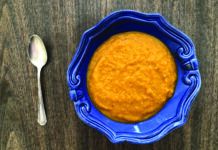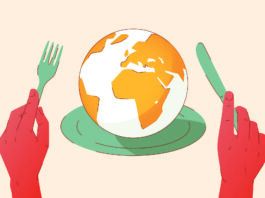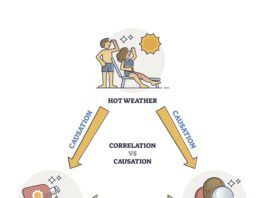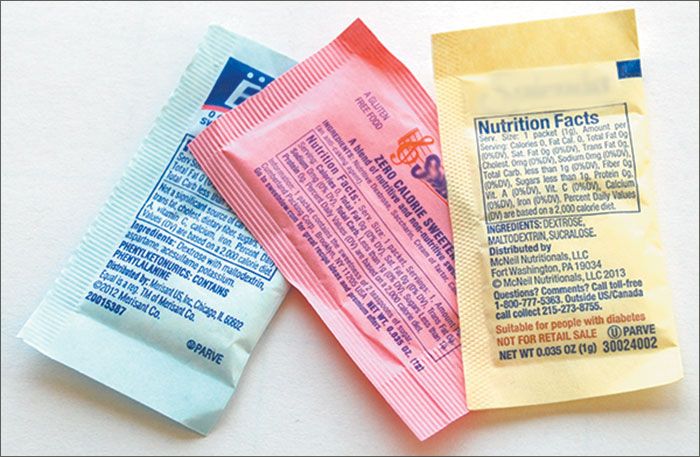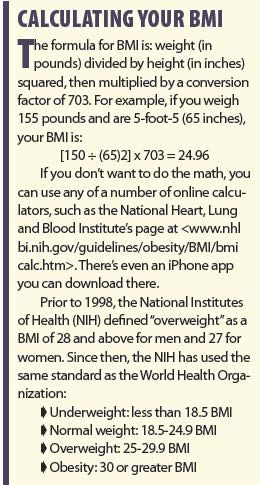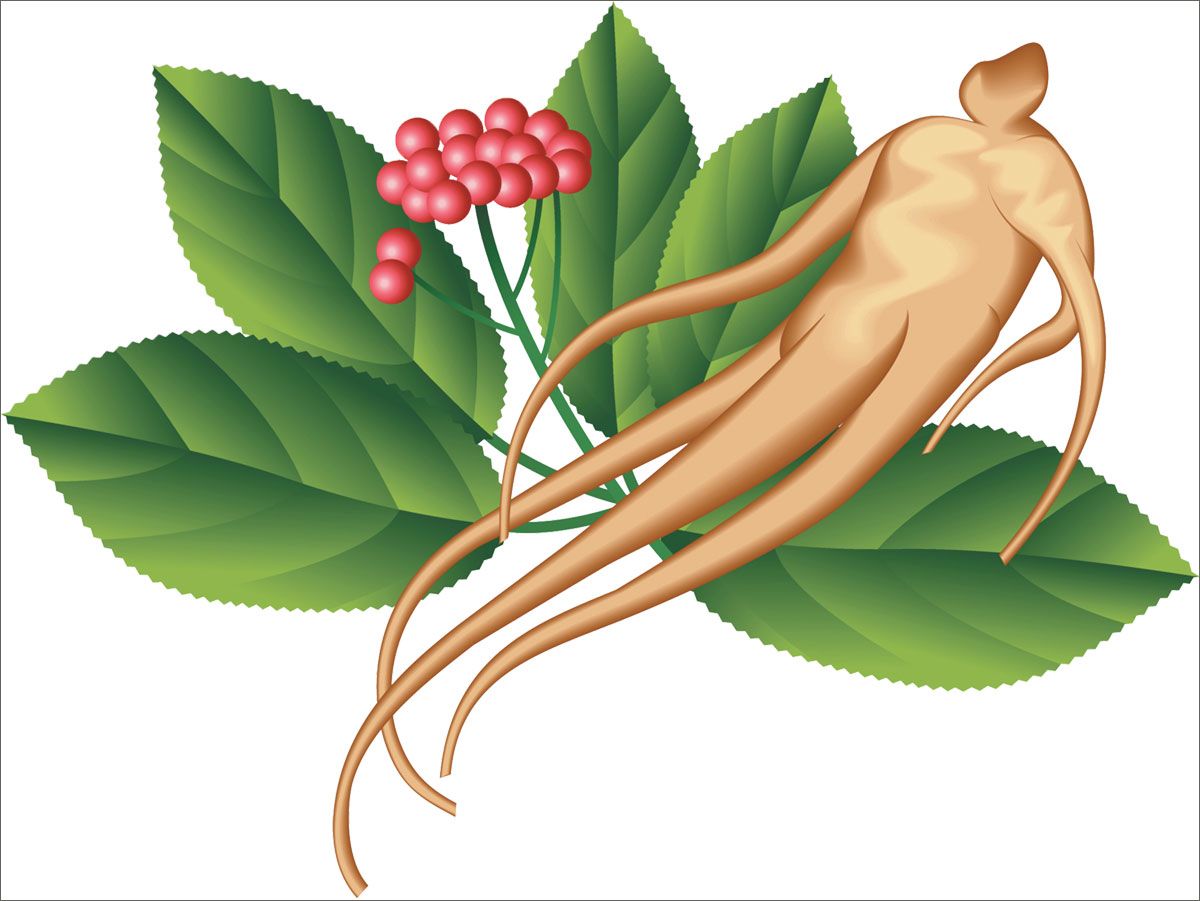Take Charge!
You may be surprised at the sources of sodium in your diet. Although a teaspoon and a half of salt contains about 3,400 milligrams of sodium-the average US adults daily intake, by some estimates-most dietary sodium doesnt come from your salt shaker. In fact, according to a 2012 Centers for Disease Control and Prevention (CDC) study, the number-one source of sodium in the US diet is bread.
Special Supplement: The Latest on Facts: Facts vs. Fads
For a nation that not so long ago buried itself in the low-fat craze, America has seen quite a turnaround in its attitudes toward dietary fat-especially saturated fat. Given permission to indulge by the Atkins fad and a recent meta-analysis questioning the link between saturated fat intake and cardiovascular disease (see the June 2014 newsletter), weve loaded up our plates. This summer, wholesale prices of butter and bacon both hit record highs in response to surging consumer demand.
Maximize Your Foods Nutrition by Healthy, Easy Steaming
It may be time to dig out that seldom-used steamer basket, or the bamboo steamer your cousin gave you as a birthday gift that you never opened. Your cousin was right when she said steaming is a healthy way to cook-no added fat required, zero potential carcinogens from charring, and minimal loss of nutrients.
Smart Substitutes for Sugar
Sugar is in the spotlight as a key contributor not only to the obesity epidemic but also to chronic diseases, with the US Food and Drug Administration (FDA) for the first time proposing requiring food companies to list added sugars on the Nutrition Facts label. On average, US adults consume 14.6% of their calories from sugars not naturally occurring in food-in everything from sodas to snack foods, from cereals at breakfast to packaged entres at dinner.
Best Food Choices to Reduce Your Cancer Risk
Reporting on the annual meeting of the American Association for Cancer Research earlier this year, the New York Times noted, The latest results about diet and cancer were relegated to a single poster session and a few scattered presentations. Previous high hopes that specific dietary changes might combat cancer risk have largely evaporated, the Times reported, in the wake of more thorough epidemiology. The report summed up: About all that can be said with any assurance is that controlling obesity is important, as it is for heart disease, type 2 diabetes, hypertension, stroke and other threats to life. Avoiding an excess of alcohol has clear benefits. But unless a person is seriously malnourished, the influence of specific foods is so weak that the signal is easily swamped by noise.
Rethinking BMI for Older Adults
If youre over 65 or approaching that age and still watching your weight, new findings suggest you may be worrying about the wrong thing. Its true that the obesity epidemic has exacted a serious toll on Americas health. But for older adults, maintaining muscle mass to ward off frailty-a condition called sarcopenia-is more important both to the length and quality of life than counting pounds. The popular Body Mass Index (BMI-see box), a calculation that combines weight and height, turns out not to be a very good predictor of health for older adults-for whom the rules about overweight may simply be different than for younger people.
How Much Water Do You Really Need?
If these thirsty, sweaty summer days have you worrying whether youre getting eight glasses of water a day-as conventional wisdom says you should-you need to take a closer look at the facts versus the fictions about hydration.
Smart Shopping for Salmon
Among the many pleasures of summer is the return of fresh, wild-caught salmon to local supermarkets. In general, wild salmon are in season from May through September, depending on species. Richly flavored and easy to prepare in a variety of ways (see recipe on the next page), its no wonder salmon is Americas third most-consumed seafood, behind only shrimp and tuna, at about two pounds per person annually.
How Safe Are So-Called Dietary Supplements?
If you turn to herbal or botanical treatments or other alternative products marketed as dietary supplements to counter chronic conditions or boost your well-being, recent headlines might make you think twice before reaching for that pill bottle. Just in the past 12 months, regulators have warned of dangers from unlabeled pharmaceutical ingredients in an arthritis product and thyroid hormones in energy-boosting pills. Medical experts have reported an alarming increase in liver damage linked to weight-loss and fat-burning products.
Evaluating Alternatives Against Alzheimers and Dementia
An estimated 5 million Americans age 65 and older have Alzheimers disease-a figure expected to increase 40% by 2025 and to nearly triple by mid-century, according to the Alzheimers Association . Many more suffer from other forms of dementia and from cognitive decline. Science is making unprecedented strides toward preventing and slowing such conditions, however. According to the National Institute of Neurological Disorders and Stroke, Scientists have learned more about the brain in the last 10 years than in all previous centuries, because of the accelerating pace of research in neurological and behavioral science and the development of new research techniques.




